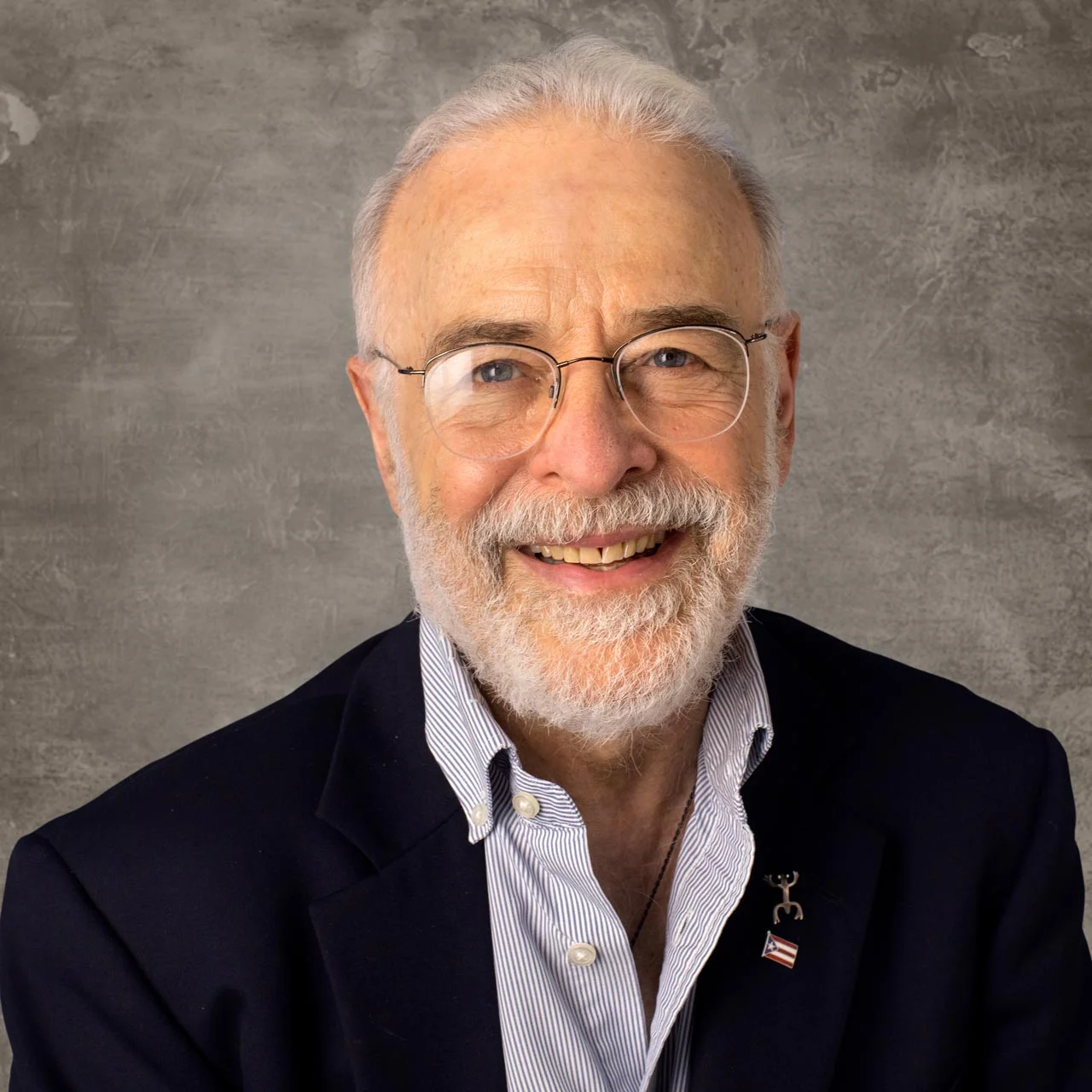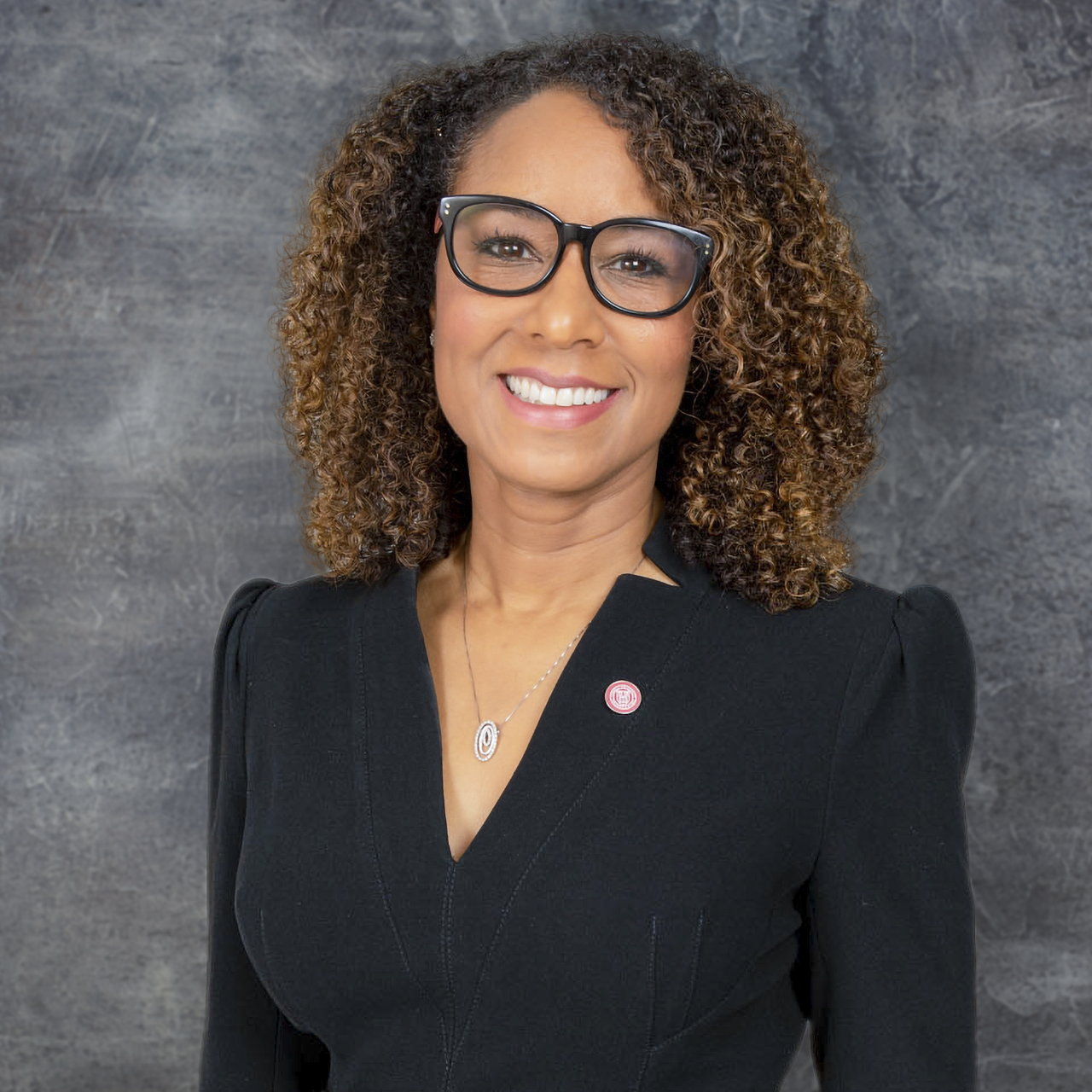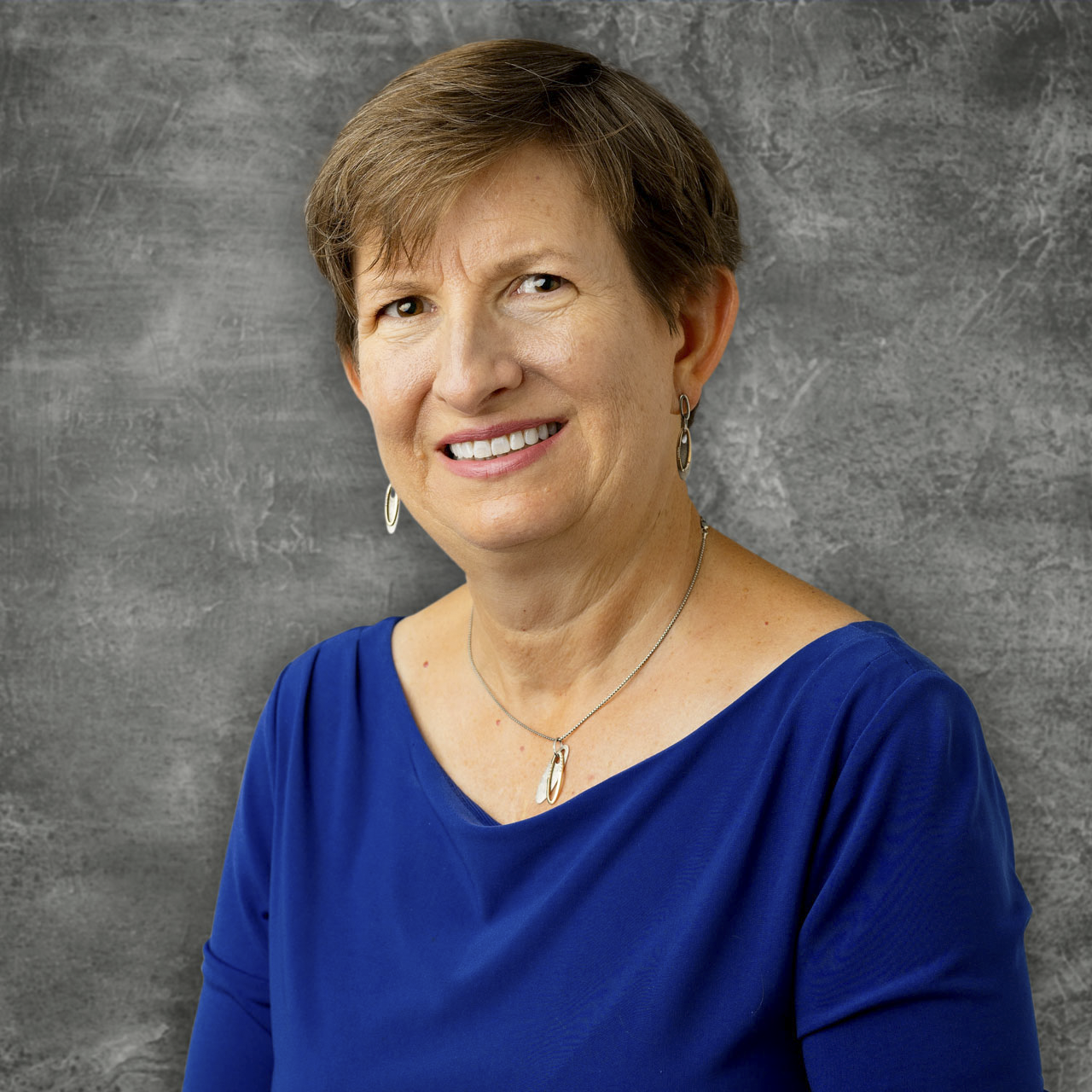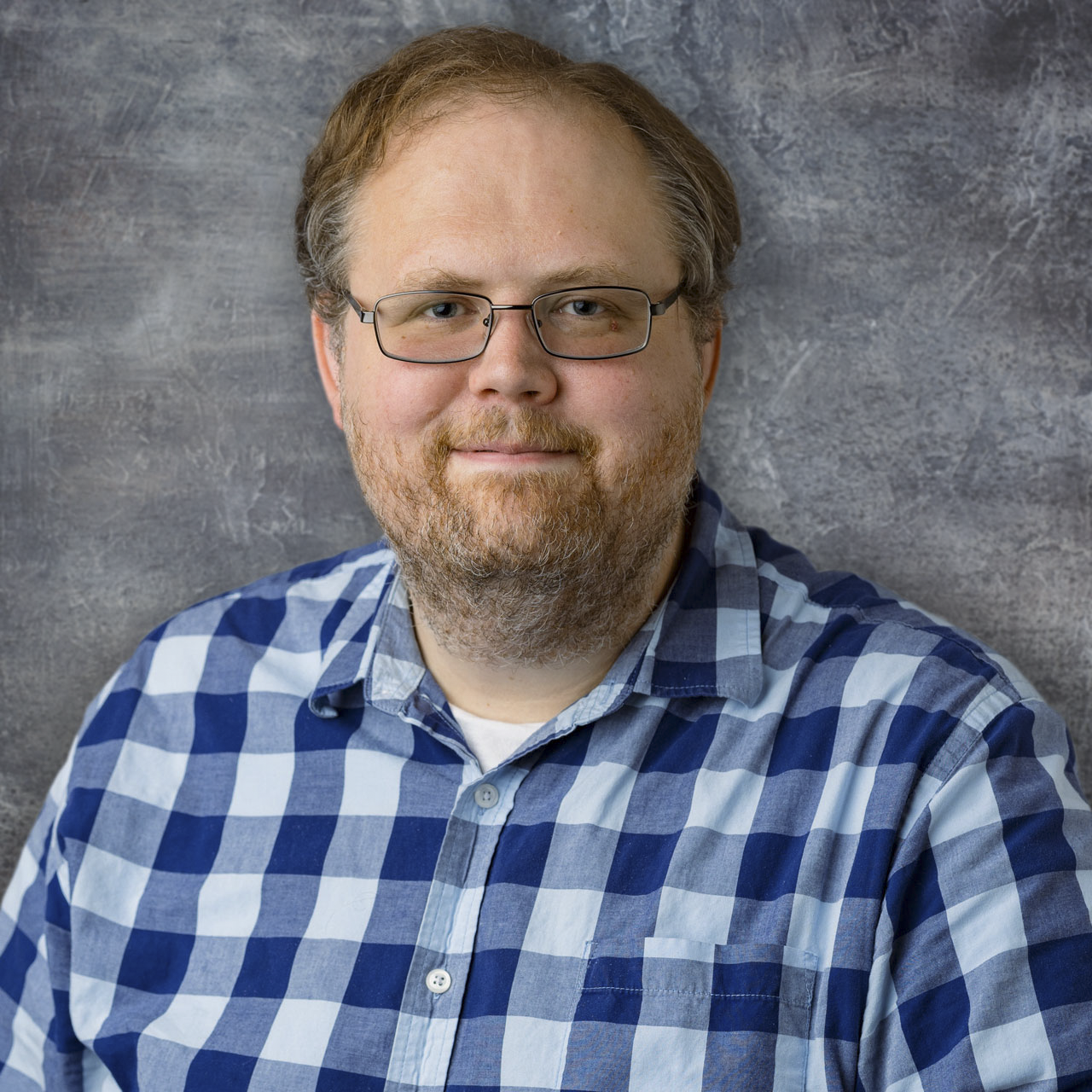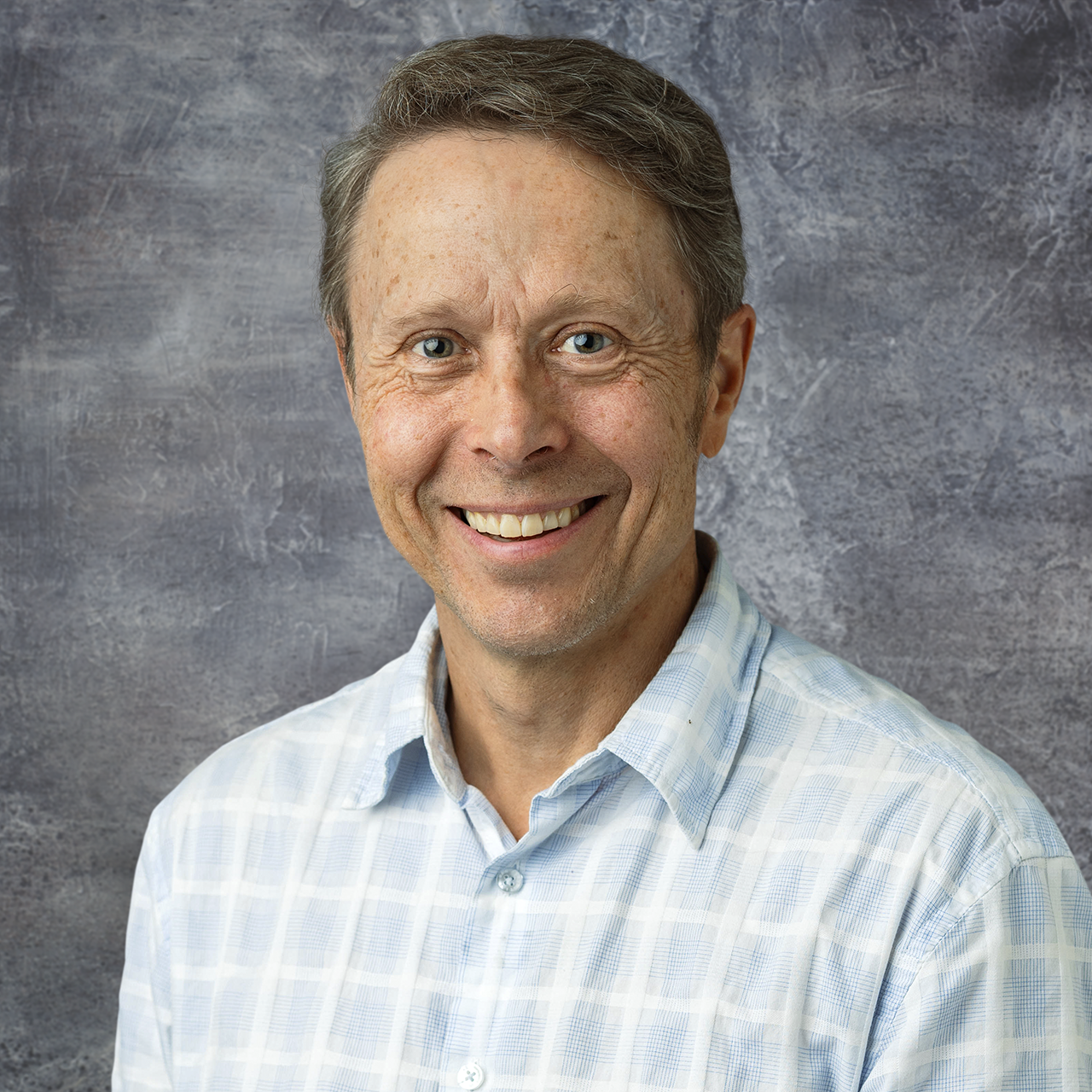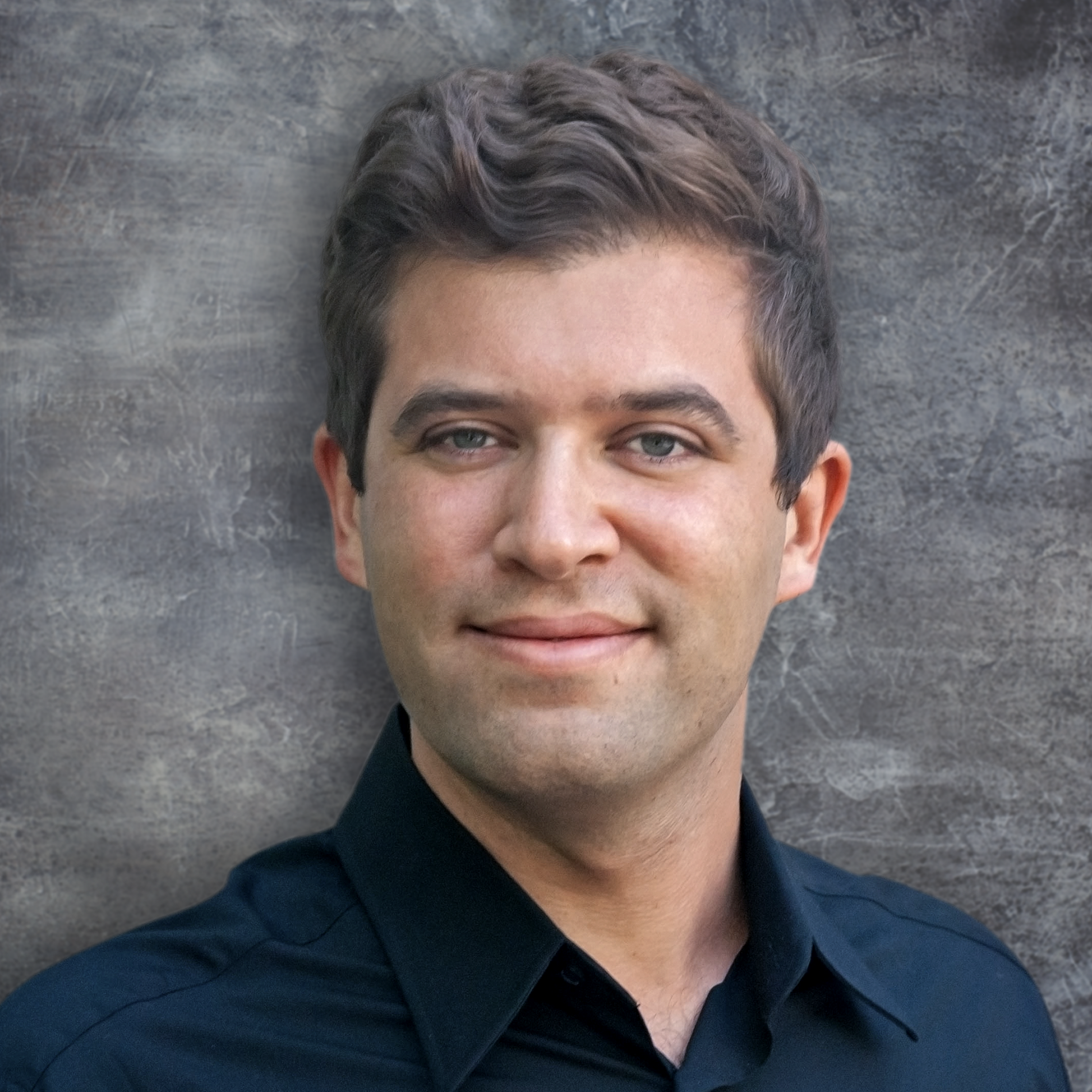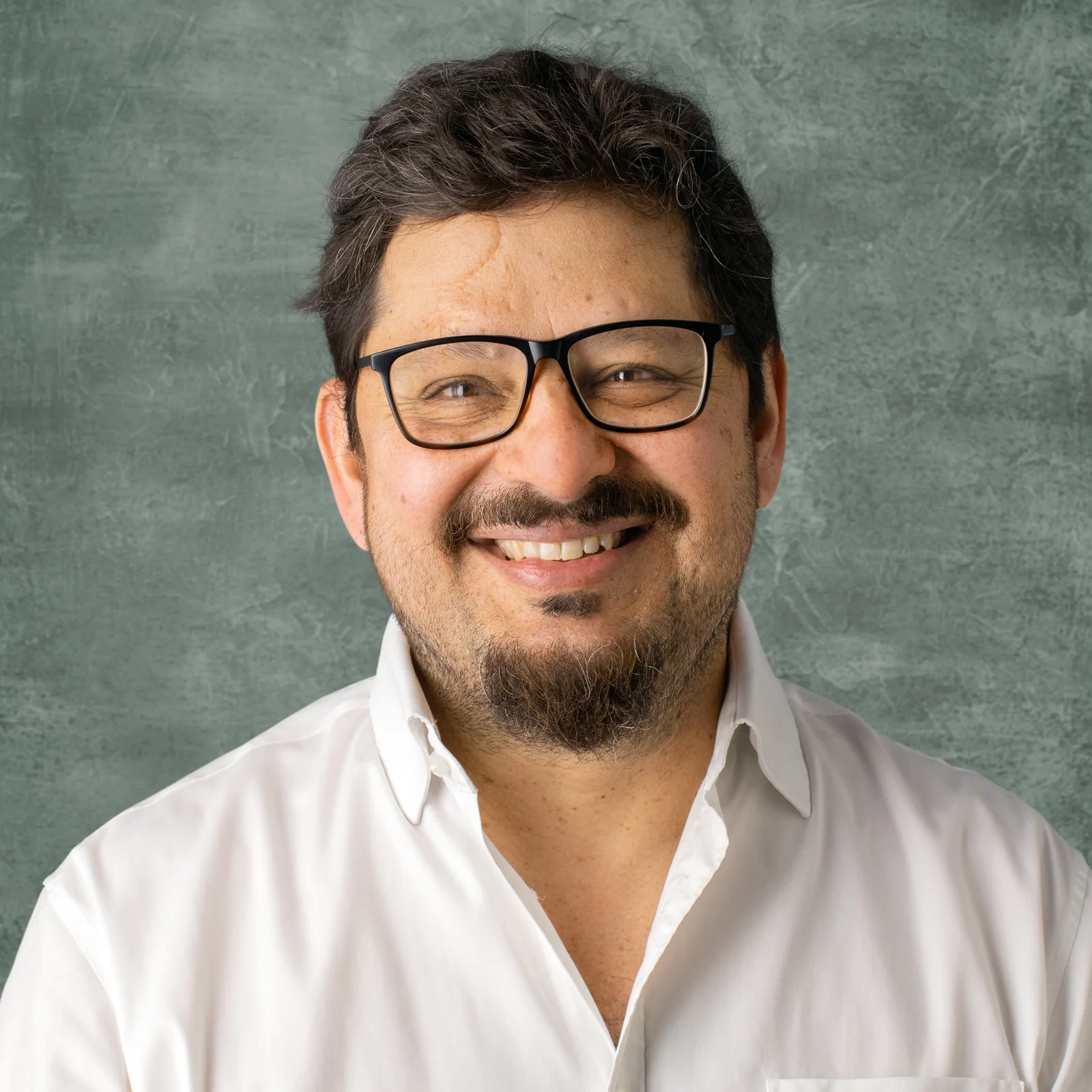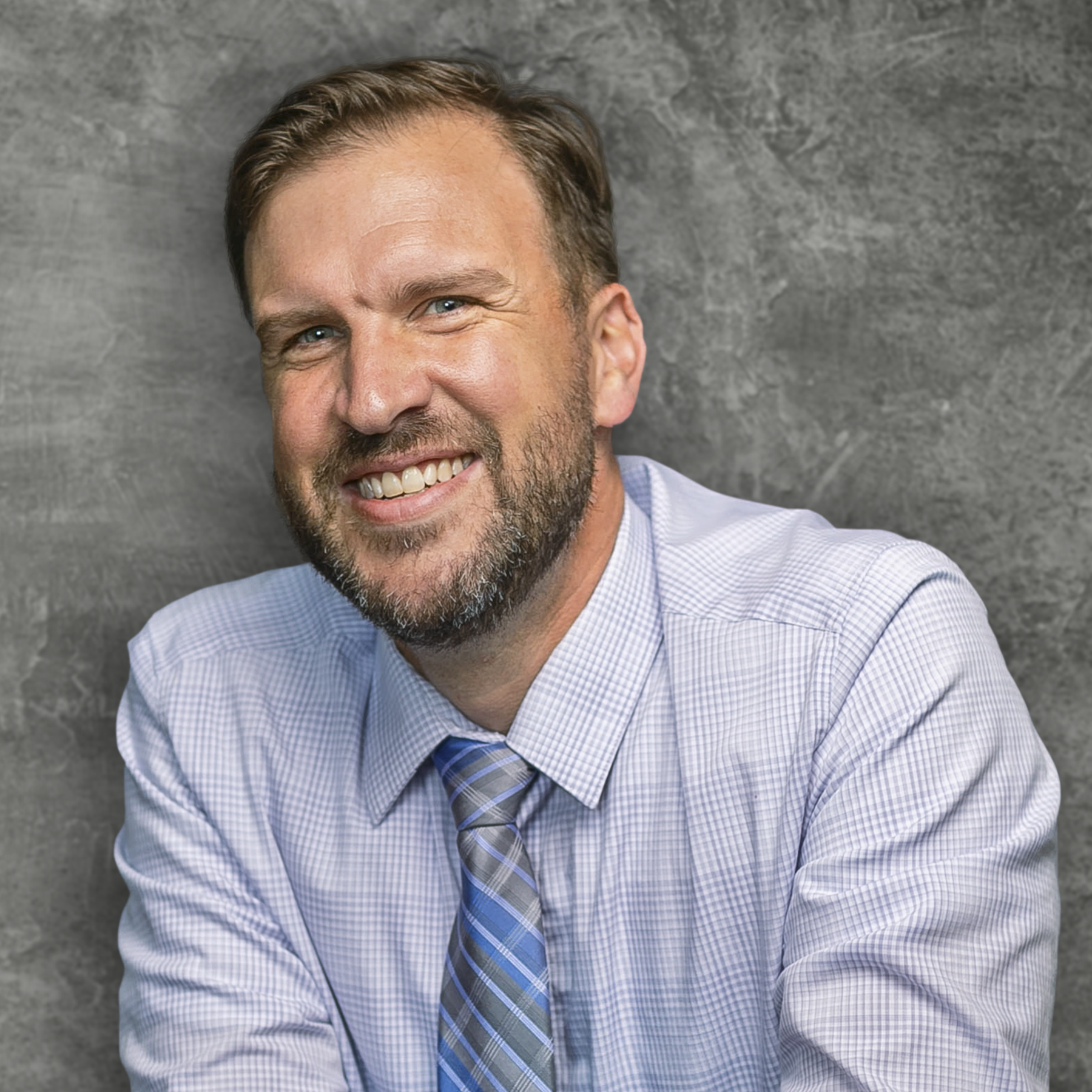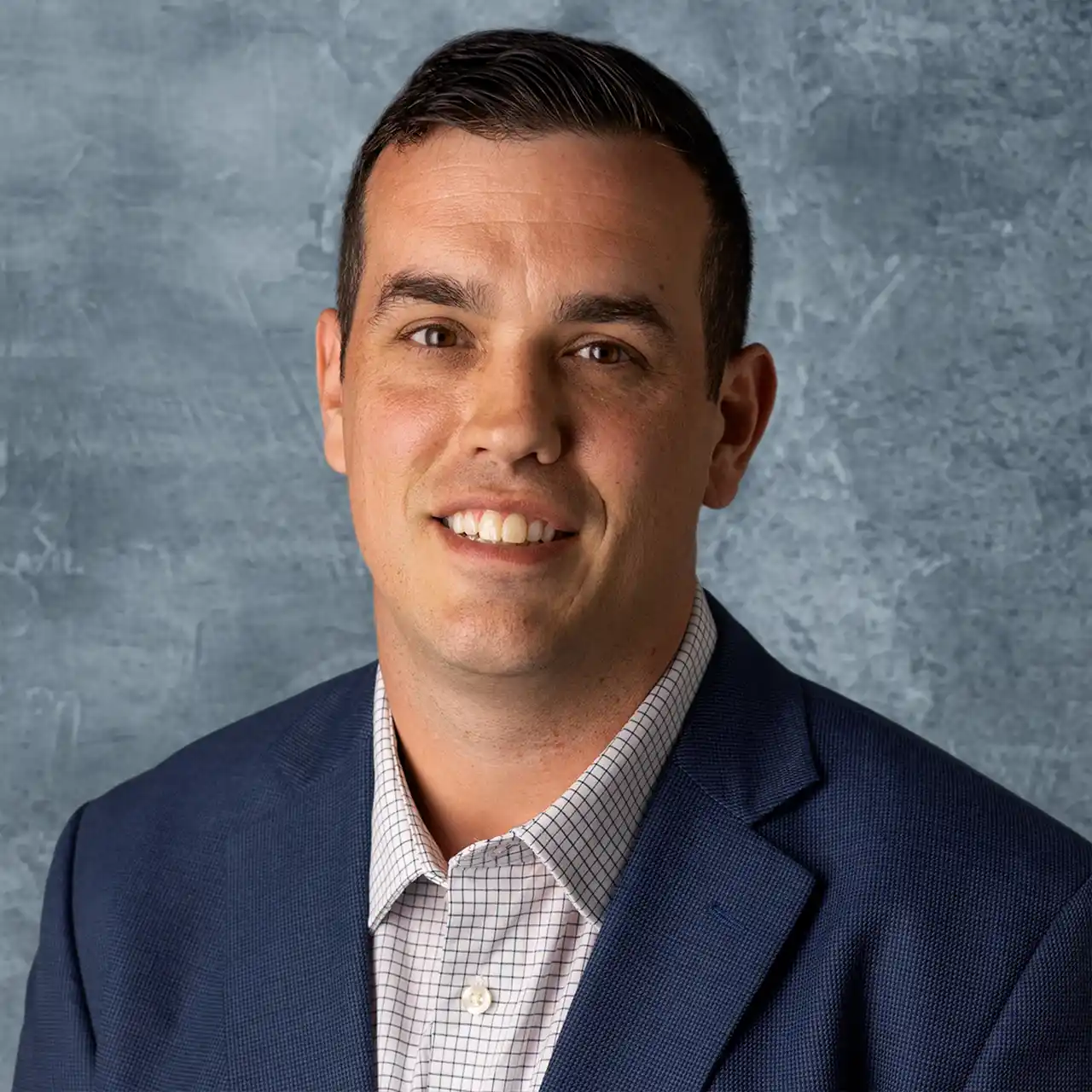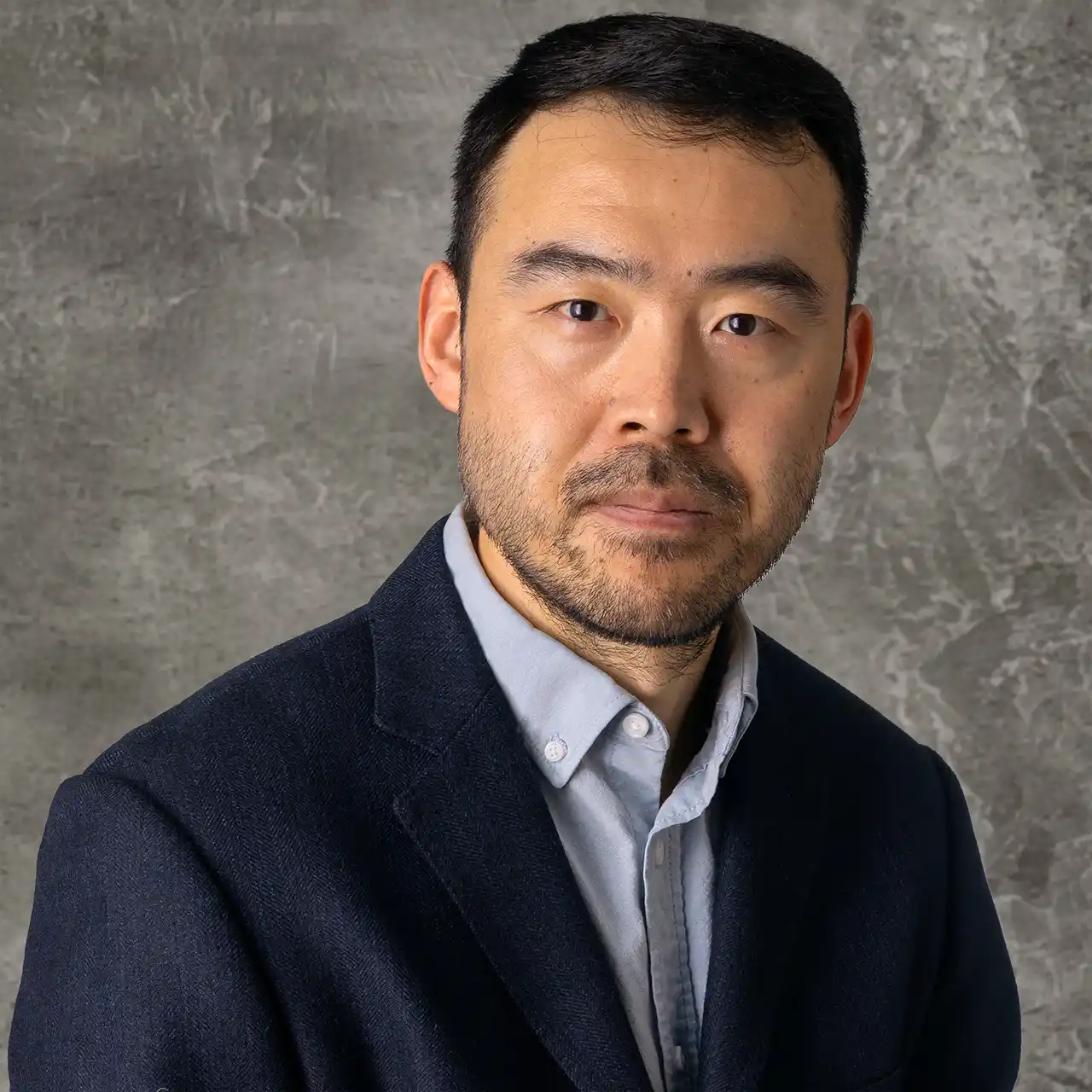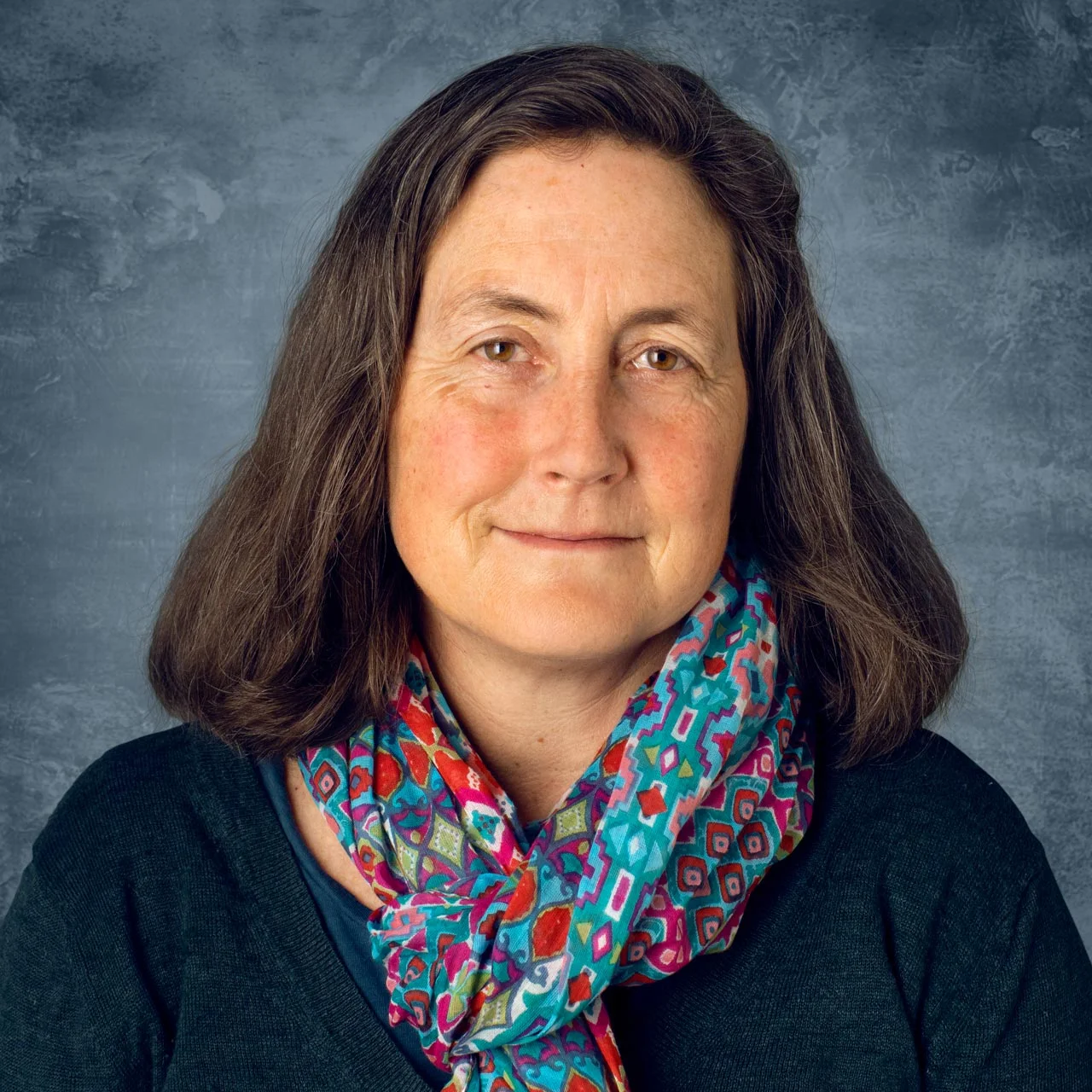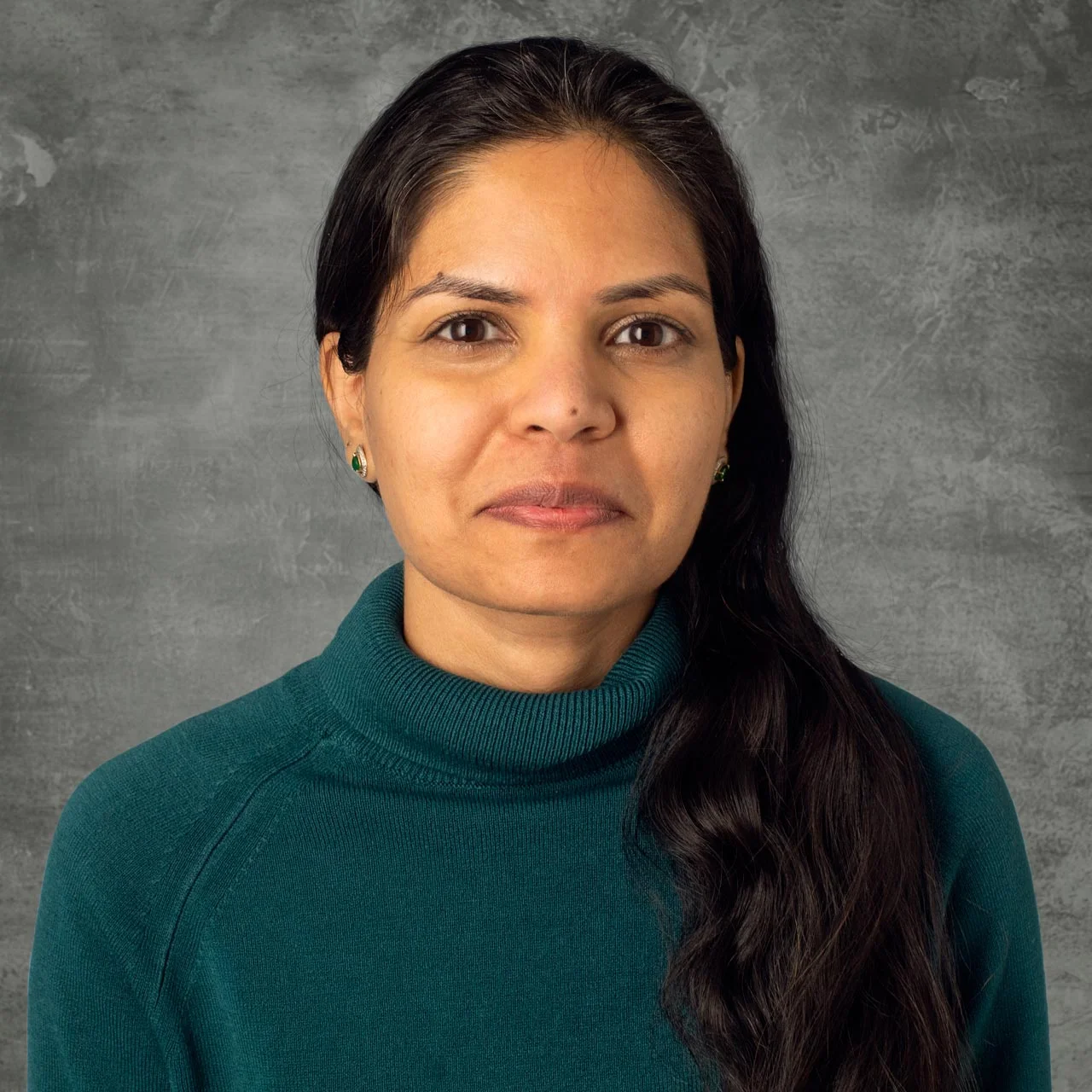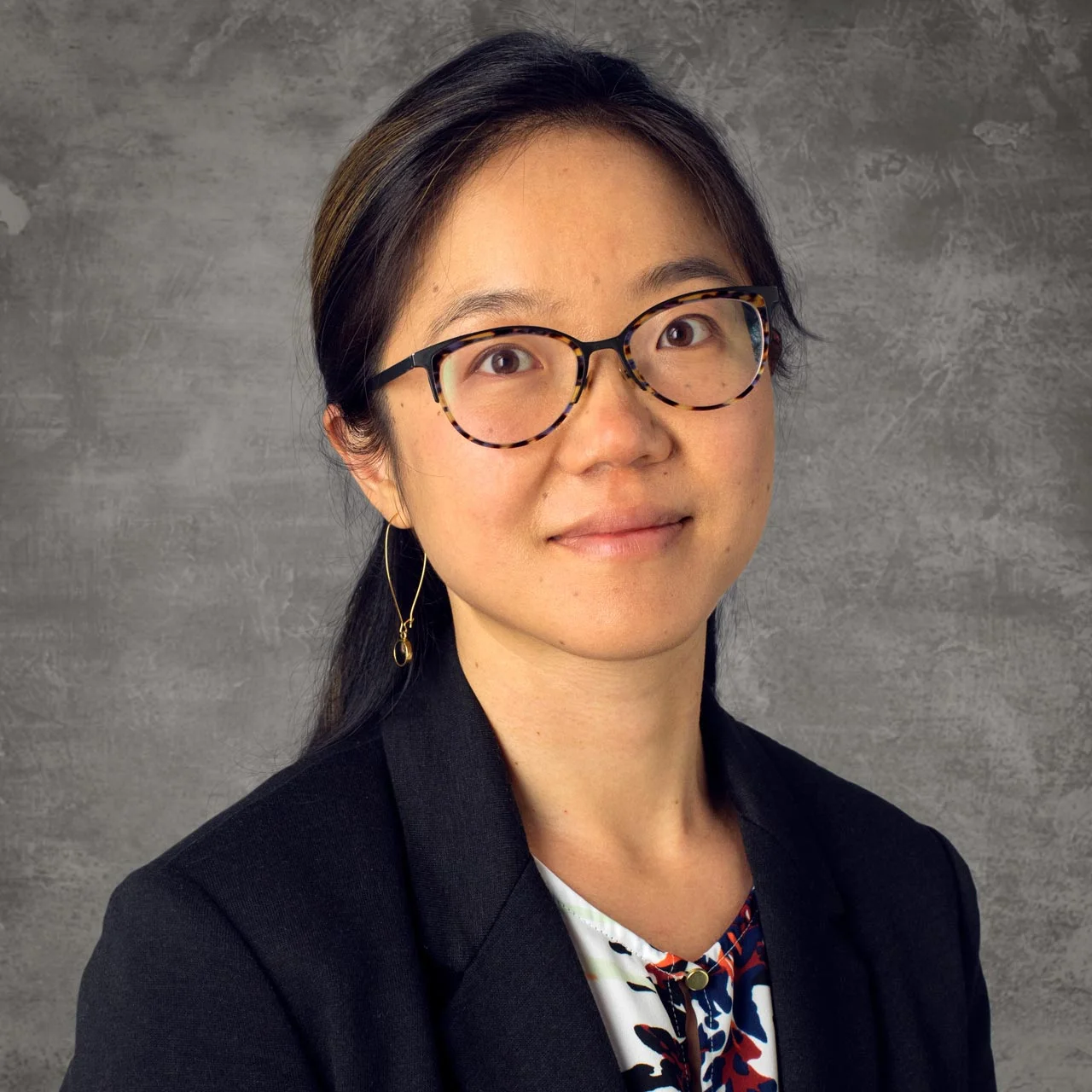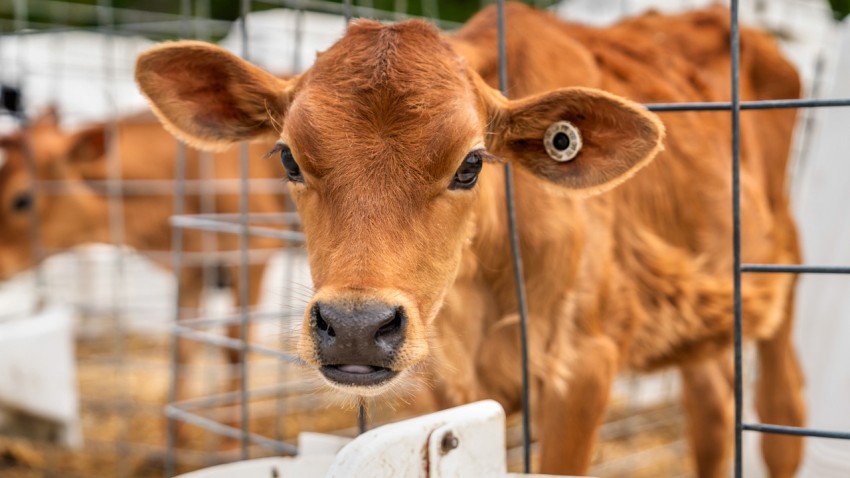Meet the Experts
List of Experts
About the 2030 Project
-
Food & Farms of the Future
Our transformation of food and agriculture systems helps reduce emissions from food production, removes atmospheric greenhouse gases and prepares us for a warming world.
-
Energy of the Future
From electricity to heating to transportation, we’re accelerating the decarbonization of the planet and transforming energy systems for all who call it home.
-
Materials of the Future
We’re at the forefront of creating next-generation industrial technologies and processes to accelerate decarbonization and reduce the negative impacts of a decarbonized world.
-
Societies of the Future
Now is the time for climate solutions that leave no one behind. We inform policies that turn local action into effective global action, like reducing the drivers of climate migration and helping transform business and finance.
Featured Projects
-

Sunlight Reflection Methods
Douglas MacMartin (Cornell Engineering) and Daniele Visioni (Cornell CALS) are exploring strategies to cool the Earth through sunlight reflection methods by injecting sulfate aerosols into the stratosphere to reflect a portion of sunlight back into space. While still theoretical, this technique aims to temporarily slow the rate of global warming while other long-term climate solutions. -
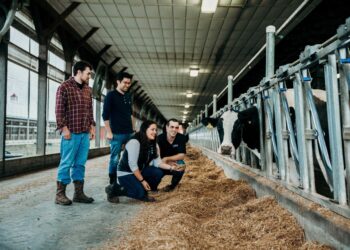
Livestock Innovations for Sustainability
Second only to carbon dioxide as the single largest contributor to global warming, agricultural methane is a primary driver of climate change. In partnership with national and international NGOs, corporations, and foundations, Cornell researchers are leading the way in research to mitigate methane through innovative feed additives and other sustainable, profitable farming practices. -
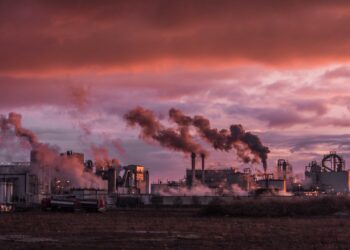
Carbon Capture and Utilization
Assistant Professor of Chemistry & Chemical Biology Philip Milner is advancing the research into new materials and mechanisms for carbon capture to reduce greenhouse gas emissions. Along with other researchers in Cornell’s new Center for Carbon Capture and Conversion, Dr. Milner is pioneering a new class of absorbents that will bind carbon dioxide more effectively and economically, enabling its recovery for long-duration storage or utilization. -

Climate Jobs Transition
Cornell ILR’s groundbreaking Climate Jobs Institute (CJI) is guiding New York State and states across the nation in making the transition to a resilient, equitable clean energy economy. Through innovative policy studies, cross-sector partnerships, and education and workforce training, the CJI is helping policymakers, labor unions, industry leaders, and others navigate the climate crisis and plan for and create the high-quality jobs of the future.
In the News
The time is ripe for a geothermal boom
Chloé Arson, professor in the Earth and Atmospheric Sciences Department, Wayne Bezner-Kerr, Earth Source Heat program manager, and Jefferson Tester, professor of sustainable energy systems, discuss geothermal heating in this opinion essay.
How “digital twins” are enabling city-wide electrification
With Timur Dogan’s help, digital building modeling tools are helping the City of Ithaca find the most effective ways to electrify its building stock. Here are three key takeaways for other cities.
How extreme weather impacts power grids and the customers who rely on them
Mitigating climate change by heavily increasing the use of renewable energy will ultimately be the deciding factor on whether the frequency of extreme events continues to rise, said Max Zhang, an engineering professor at Cornell University.
Climate Workers Wanted
“Every job will be affected by climate change,” said Lara Skinner, founding executive director of the Climate Jobs Institute at Cornell University. “We look at every sector of the economy, and every sector will have to change. This isn’t some little transition.”
Cerebral Energy and Cornell University Awarded Phase II STTR for New Lithium-free Aluminum-Graphene Batteries to Support Air Force Special Operations
Cerebral Energy has been selected by AFWERX for a $1.6M follow-on contract to support further development of a lithium-free secondary battery using recycled aluminum and graphene derived from recycled US waste streams. The technology was developed by Lynden Archer, Dean of the School of Engineering at Cornell University.
Blackouts in extreme weather drive demand for cleaner backup power
“If we are talking about the heat waves, that’s almost guaranteed high ozone,” which is harmful to people’s health, said Max Zhang, an engineering professor at Cornell University. Hot days are when “you’ll see the worst impact of diesel generator emissions,” he said.
Recent Stories

You Can Help
Through fundraising, The 2030 Project can further the scope and impact of Cornell research and education on earth’s climate.
The science is clear — this is the decade of action. Help us develop technological solutions, advance policies that mitigate the impacts of climate change and inspire businesses and individuals to apply these practical solutions in the real world.

